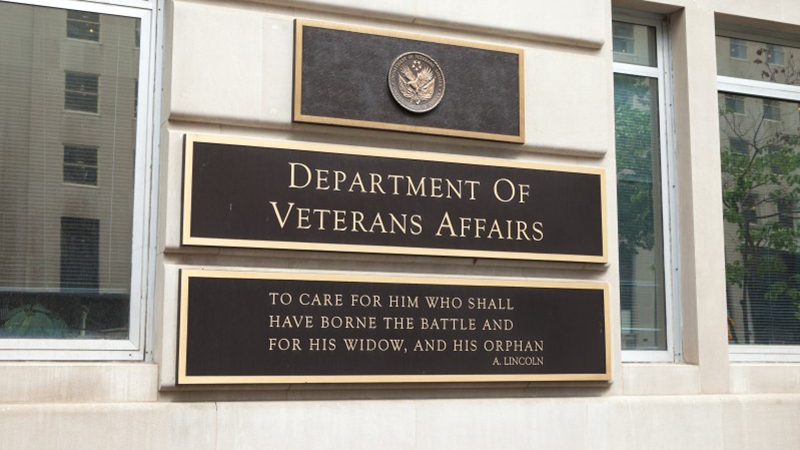
The Department of Veterans Affairs plans to move forward with a nationwide rollout and test of homegrown improvements to the scheduling component of its electronic health record, MeriTalk learned late Monday.
Although a decision had been planned for Feb. 10, VA officials notified Congress of a minor delay until today. A VA official, who spoke to MeriTalk on condition of anonymity, said agency IT leaders have decided to continue and expand the in-house developed VistA Scheduling Enhancement. The decision has raised concerns on Capitol Hill about the department’s commitment to adopting modern commercial IT systems.
The scheduling component of the Veterans Health Information Systems and Technology Architecture (VistA) was at the center of the scandal involving secret waiting lists and veterans dying while waiting to receive care. The overall VistA EHR system is a massive collection of functional modules that have evolved independently over more than 30 years. There are now more than 130 distinct instances of VistA in use across the country.
The decision comes just days after congressional leaders sent a letter to VA Acting Chief Information Officer Rob C. Thomas requesting the agency begin submitting quarterly status reports on all major IT projects and programs, including four major scheduling component efforts.
The $642 million Medical Appointment Scheduling System (MASS) contract awarded in 2015 was suspended last year to study the homegrown enhancement effort–a move that immediately attracted the ire of Congress. MASS includes commercial scheduling software for VA schedulers, as well as a self-scheduling capability for veterans.
VA is also trying to expand the VistA Veterans Appointment Request (VAR) self-scheduling application from 45 Veterans Health Administration facilities to all VHA facilities. In addition, VA remains committed to evaluating a request for proposal for a commercial EHR pilot program required by the Faster Care for Veterans Act of 2016.
The House Committee on Veterans Affairs expressed concern about the number of programs underway to improve scheduling systems.
“Suddenly, VA has four similar scheduling programs going at once,” wrote Committee Chairman Rep. David Roe, R-Tenn., and Ranking Member Rep. Tim Walz, D-Minn. “Please explain how these four programs will be managed so that modern scheduling technology can be quickly delivered without creating unnecessary duplication, and without undermining [VA’s] preference for existing commercial off-the-shelf solutions.”
